The Stranger
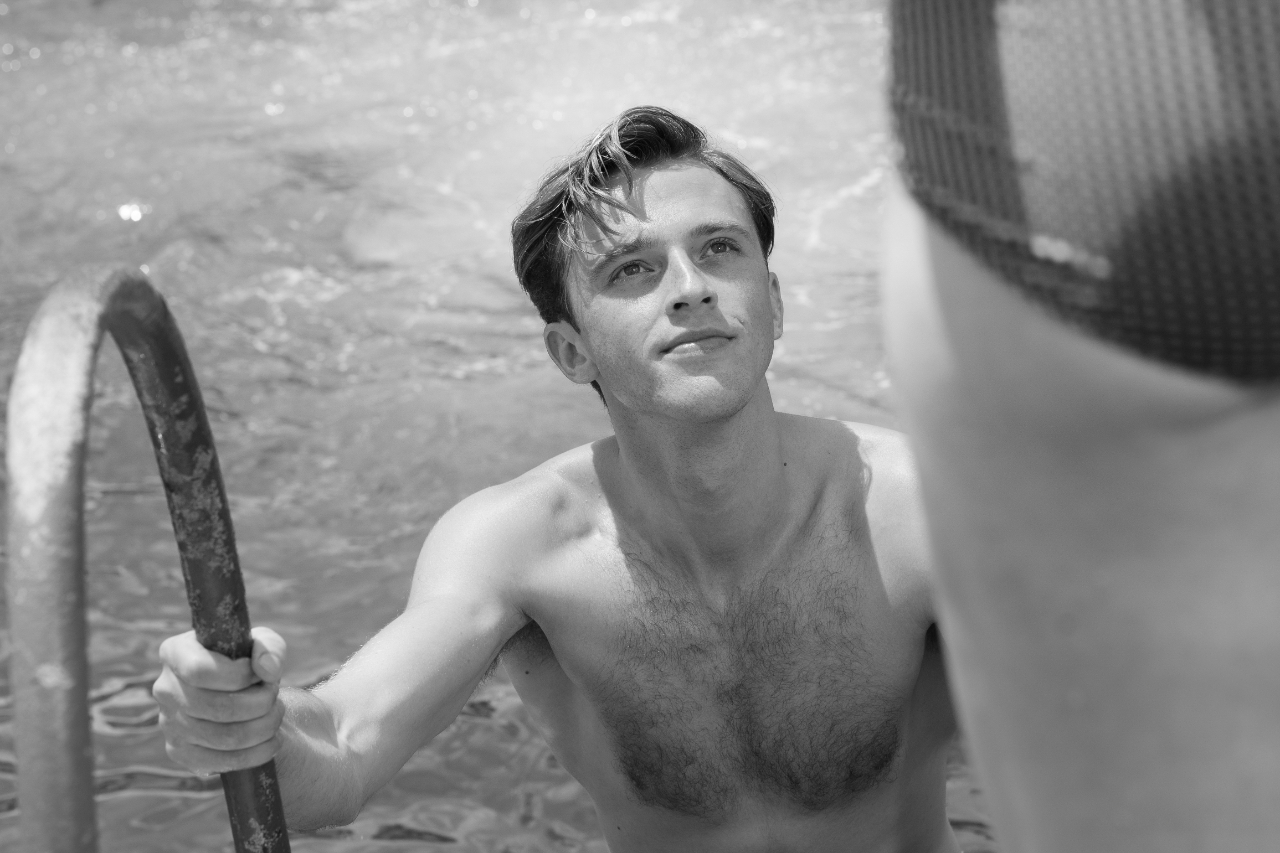
Based on Albert Camus’s seminal novella, translated into The Stranger (published in 1942), L’Étranger feels like a perfect adaptation, ready to be unpacked by both fans of the book and modern audiences. Its seams are simple but wholly functional – these are François Ozon’s delicacy, a dead-on dissection of 1940s Algiers and its profound, humanistic undertone, perhaps even more relevant now than in the previous century.
Benjamin Voisin stars as reticent Meursault, a young Frenchman insensible to anything or anyone. In L’Étranger, he acts as if the concept of lying had never been invented – wherever he opens his mouth, the truths he utters are so cruel they should have remained ineffable.
It seems that nothing really bothers his egocentric self. When our protagonist learns that his mother has died, Meursault does not even shed a tear. The only source of his coming and going contentment is gullible Marie (the one and only Rebecca Marder), who is more enamoured of the concept of being in love with Meursault instead of actually seeing him as he is.
In another time and place, somewhere far from the entire tensions of French Algeria, the couple would probably have been able to start a new life together. However, Ozon’s adaptation, deeply invested in the sorrows of 1940s reality, heavily rejects calling off Meursault’s death and execution by devising a brand-new ending. Instead, stone-cold, black-and-white shots (reminiscent of Netflix’s Ripley), the poetics of everyday life, cold-blooded murder and its various shades of sorrow are the essence of this dreary yet subduing storytelling.
In Ozon’s latest feature, Algiers feels like a place that haunts and chases you with its walls and lanes wherever you go. The opening sequence showcases it from two contrasting angles. Firstly, it reminds us of heaven on earth due to its archival footage and the homey voice of the non-diegetic narrator; then, Ozon depicts the less-touristy, shady version of the same city. No wonder this place twisted Meursault’s soul from the inside.
If there is any apparent inspiration for this unhurried, existential meditation on finding the real purpose of living, it is Julien Duvivier’s Pépé le Moko from 1937. The difference between when Duvivier’s drama was shot and when L’Étranger takes place is only five years – thus, matching versions of Algiers are portrayed similarly through the lenses of two directors, born in pretty much different times. Even Voisin is at times as taciturn (but proud, too) as Jean Gabin in Duvivier’s classic.
Unpredictably, it is a drama that refuses to end itself, but there is a moment – one that might be readily missed – when L’Étranger deceptively enters the spectator’s soul. It’s an inexplicable feeling which corresponds with how Camus’s novella disturbs its readers with an overarching apathy. By getting used to Algiers through Ozon’s sedative cinematography, we learn the city’s nooks and crannies by heart. It’s the only way to find the path to the crux of Meursault’s forlorn spirit.
Jan Tracz
The Stranger does not have a release date yet.
Read more reviews from our Venice Film Festival coverage here.
For further information about the event, visit the Venice Film Festival website here.
Watch a clip from The Stranger here:

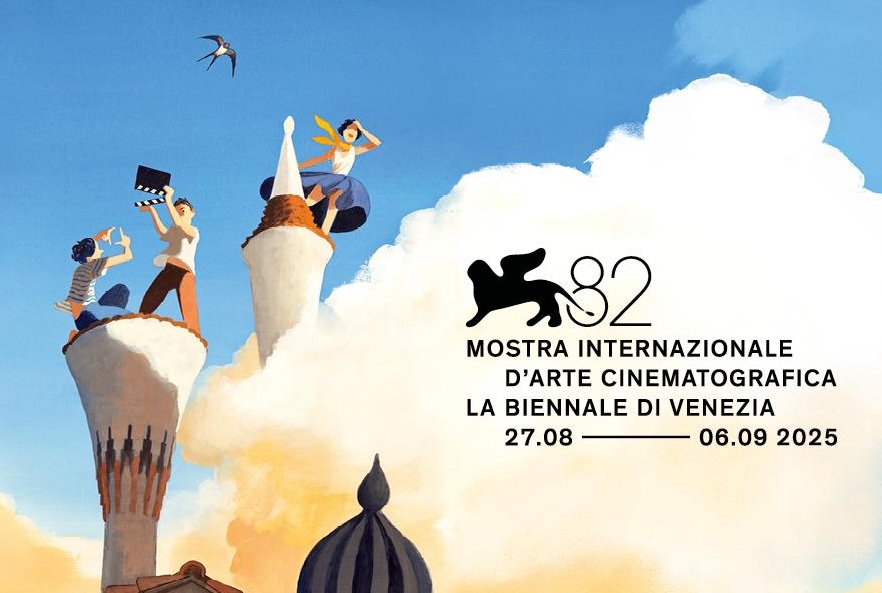
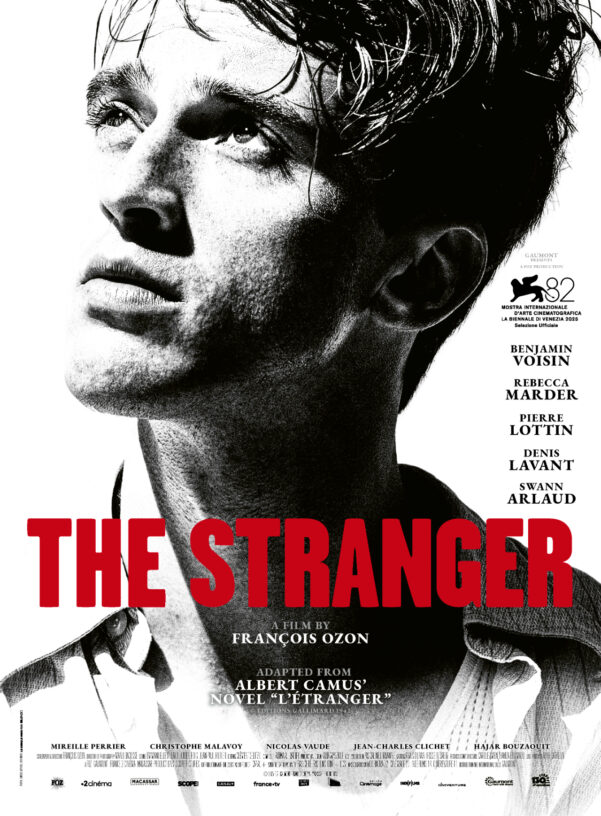
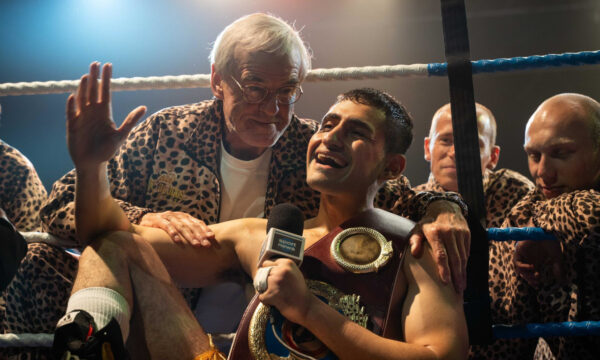

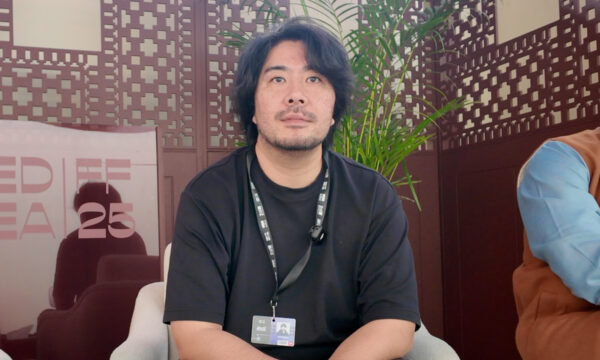
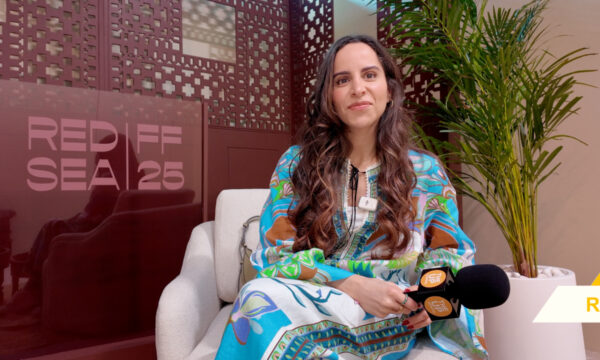
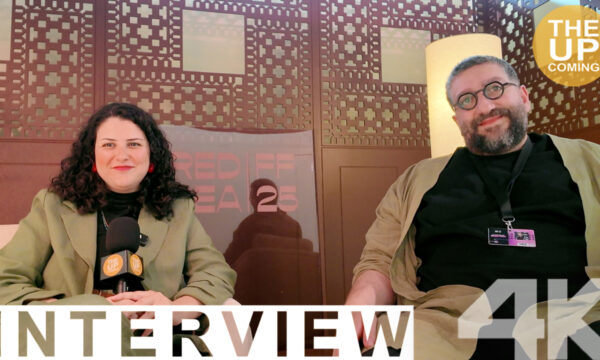
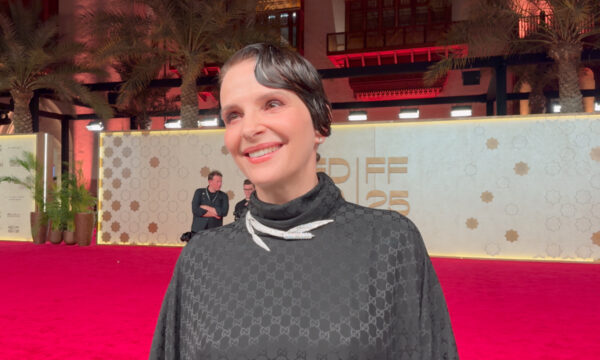
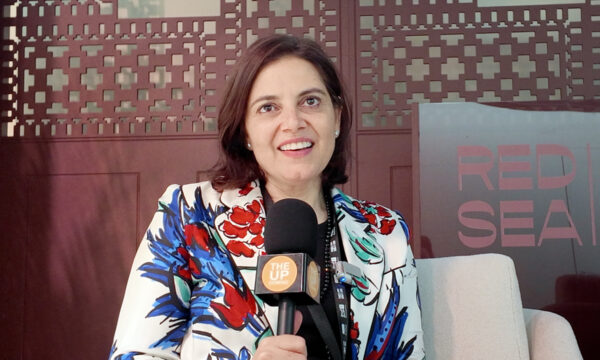
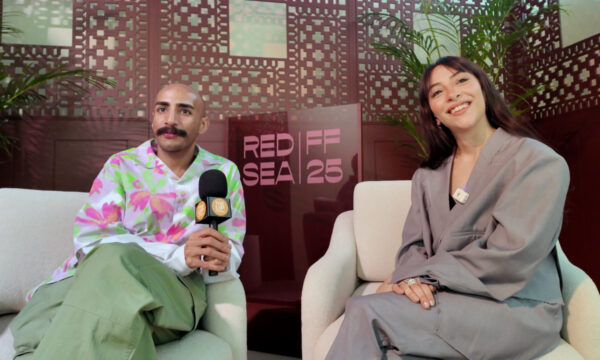
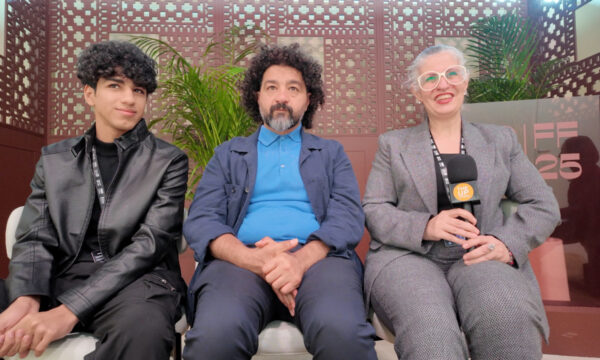



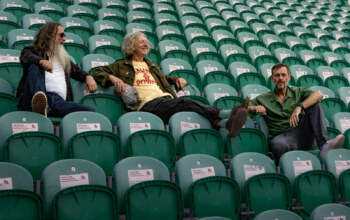
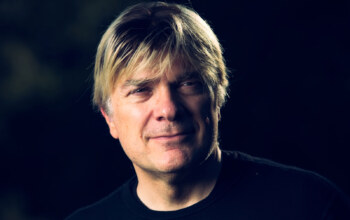

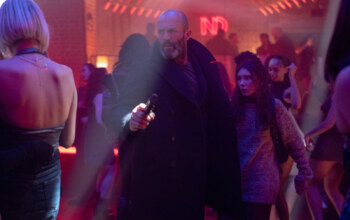






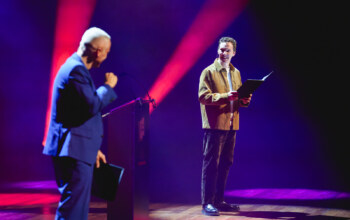

Facebook
Twitter
Instagram
YouTube
RSS